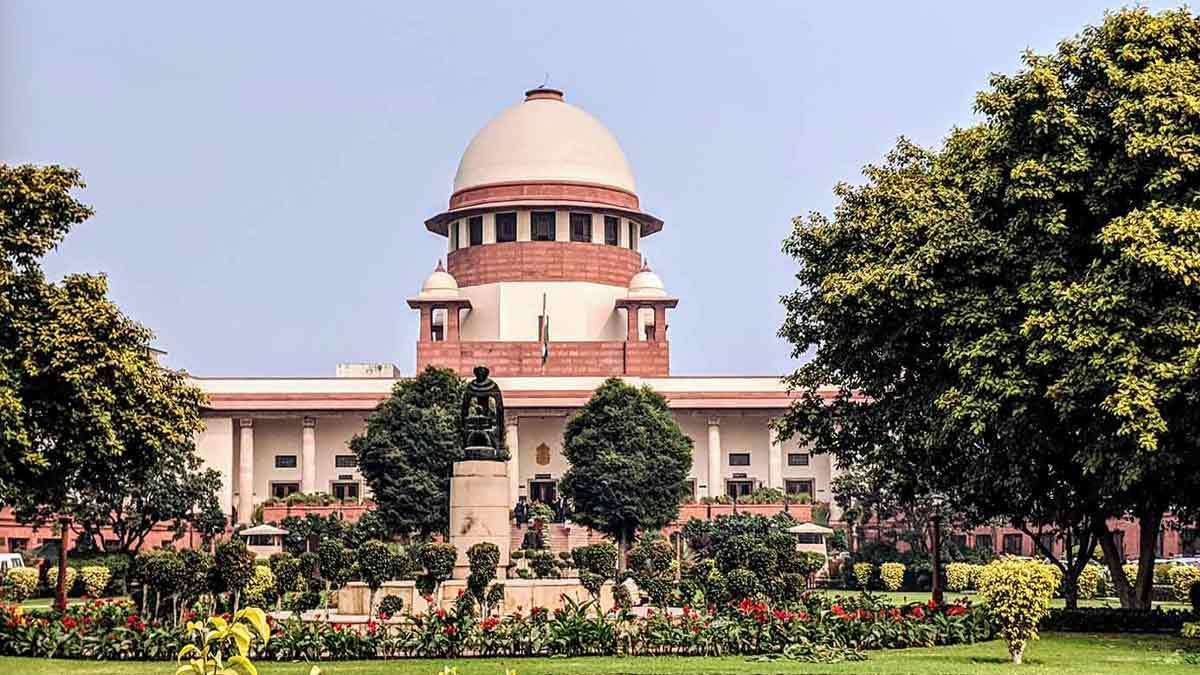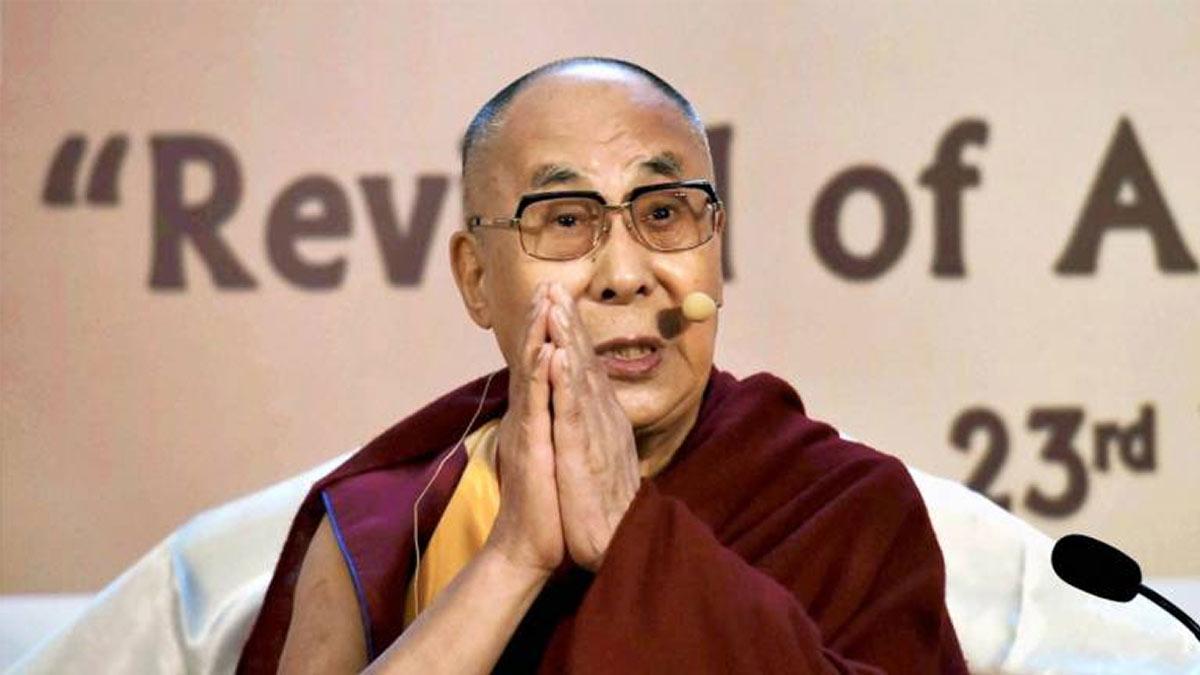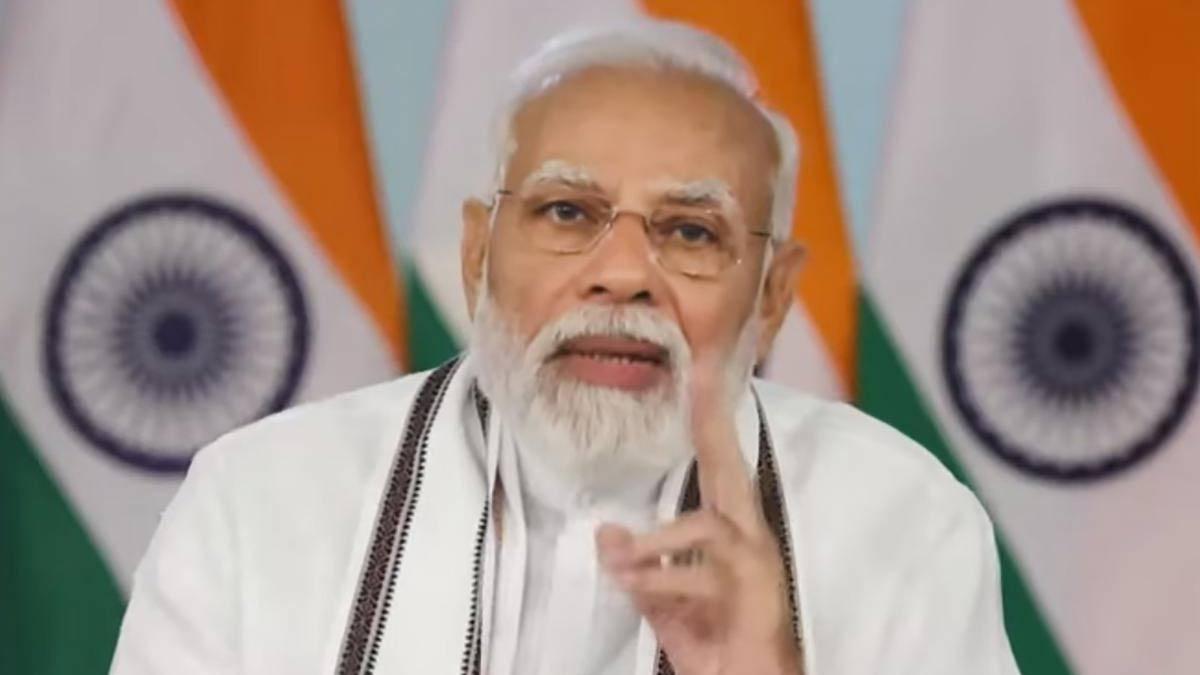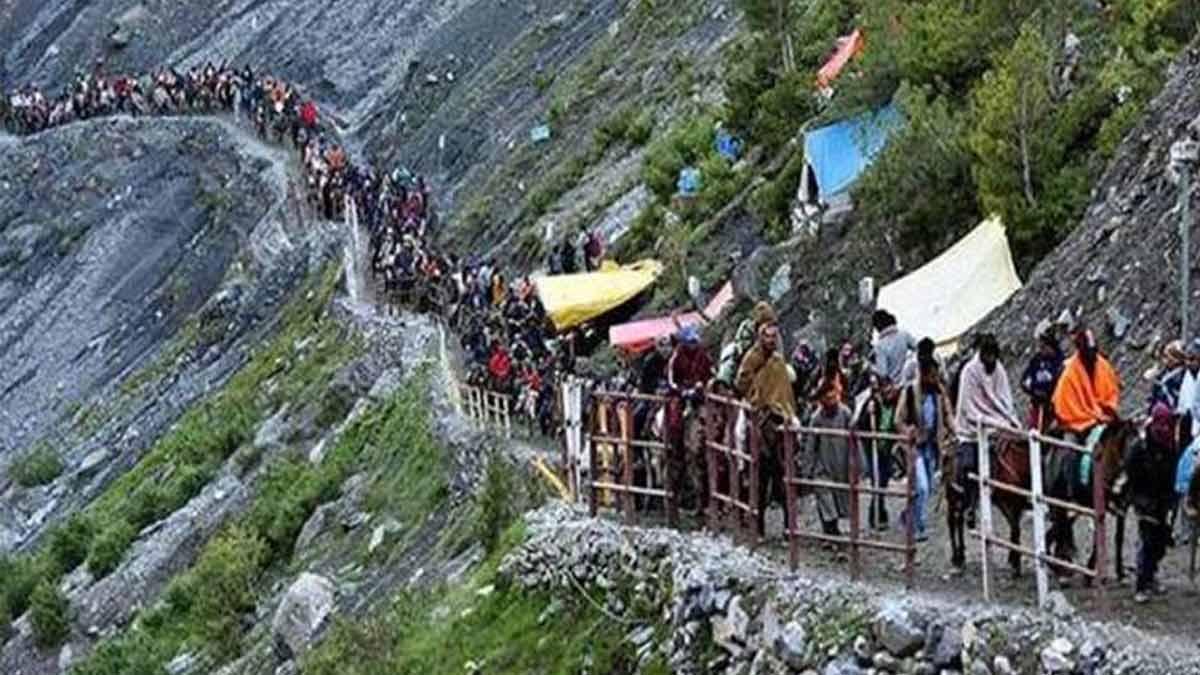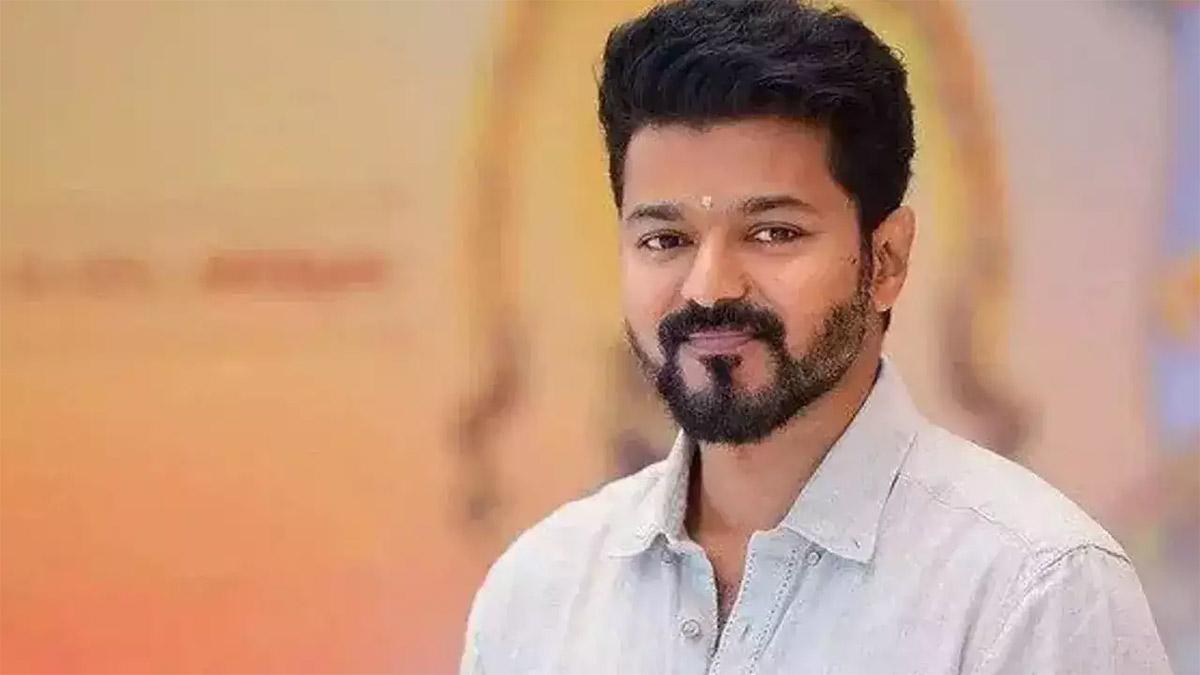Chief Justice of India BR Gavai told the petitioners opposing the Waqf Amendment Act today that there is a presumption of constitutionality in law enacted by Parliament, and courts generally will not intervene except where a clear and glaring problem is proven.
The hearing, which was heard by the bench led by Chief Justice Gavai and Justice AG Masih, heard several petitions against the Waqf Amendment Act, which had been passed last month. Earlier, the court had set out three main issues to be considered — the idea of Waqf by user, the participation of non-Muslims in the Wakf Council as well as state Waqf Boards, and the designation of government land as Waqf property. The Centre had promised the court it would take appropriate steps on these issues until a final order is made.
In today's proceedings, Solicitor General Tushar Mehta said that the government had filed its responses regarding these three issues specifically. "However, the written submissions now of the petitioners have taken care of some other points. My humble request is that we only deal with the three issues as initially raised," he urged.
Senior lawyers Kapil Sibal and Abhishek Manu Singhvi, appearing for the petitioners, opposed this restriction. Singhvi said, "The then Chief Justice Sanjiv Khanna had said the case would be heard in full and interim relief considered. We cannot now restrict ourselves to just three issues." He made it a point that the hearing should not be segmented into "piecemeal" bits.
Kapil Sibal argued the intent of the Act is to take over Waqf properties. He averred, "The law is designed in a way that the Waqf property is taken away without due procedure." He also brought out a provision in the legislation that a person must have practised Islam for a period of five years to qualify to establish a Waqf. "If a person is on his deathbed and wishes to create a Waqf, he needs to demonstrate that he has been a practising Muslim. This clause is against the Constitution," he contended.
Countering Sibal's argument that the law is intended to seize Waqf property, the Chief Justice again asserted, "There is a presumption of Constitutionality in legislation enacted by Parliament. The Courts cannot step in unless a glaring case is made out, particularly in the present context, we need not say more."
Sibal also added that in the new law, a panchayat of a village or a private individual has the authority to raise an objection, resulting in withdrawal of Waqf status on a property. "A government officer will decide the case and in effect become a judge in his own cause, with no possibility of questioning," he cautioned.
He emphasized, "Please note that Waqf is concerned with my property. It is an individual's property, not of the State. Now, that same property is being snatched."
Comparing the mosques to temples, Sibal said, "Under our Constitution, the State cannot finance religious establishments. It cannot fund maintenance of mosques; cemetery lands have to come from private land. Often, people bequeath their properties as Waqf towards their old age. There is no chadhava (donation) like temples. Graveyards and mosques do not have a corpus of Rs 2000-Rs 3000 crore." When the Chief Justice made an observation that grants are also given to dargahs, Sibal explained, "I was specifically talking of mosques."
After a lull, Sibal expressed fears that once a monument is "protected" by the Archaeological Survey of India, it would forfeit its Waqf status. "This encompasses places such as Jama Masjid in Sambhal. If there is any dispute, the Waqf status can be withdrawn. This is quite distressing," he said. He further stated that some of the provisions in the Act were not included in the draft considered by the Joint Parliamentary Committee and thus had not been discussed in Parliament.
Read also| Indian Army Clarifies: Ceasefire with Pakistan Is Open-Ended
Read also| Sanjay Nirupam Criticizes Turkey’s Pro-Pakistan Stance, Calls It a Betrayal

